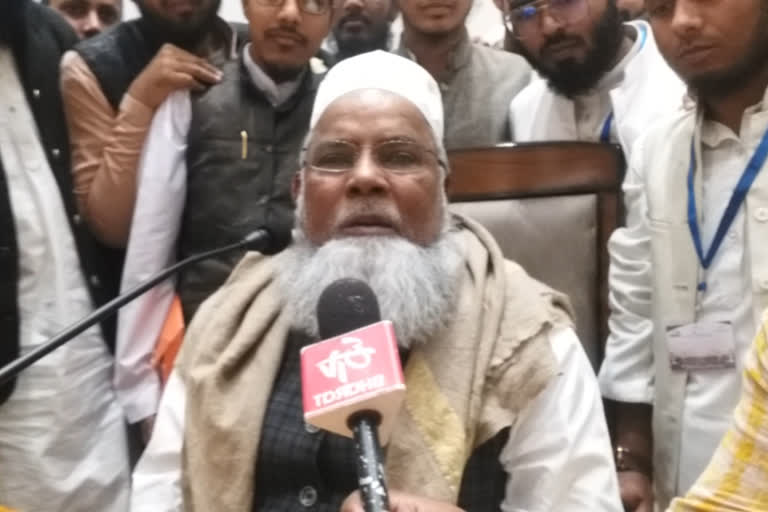Lucknow:Maulana Khalid Saifullah Rahmani, General Secretary of All India Muslim Personal Law Board, in an interview on Thursday said any exercise having the scale as that of the Uniform Civil Code was not feasible for a country as large as India. "It might work in smaller countries, but in a country as big as India, UCC is not feasible. If you look at the US, every state has their own law. This (UCC) has become a completely political matter now. People have no advantage from this. They want jobs. They want access to education to be made easy," Rahmani said.
"If the government tries to bring forth any such legislation, we will definitely protest. UCC is not just an issue for Muslims. It concerns Christians, Parsis and tribal communities as well. We will take appropriate decision if such a step is taken," he added. When asked about the debate around offering namaz in public spaces, the leader noted that 'controversies' were created by people.
